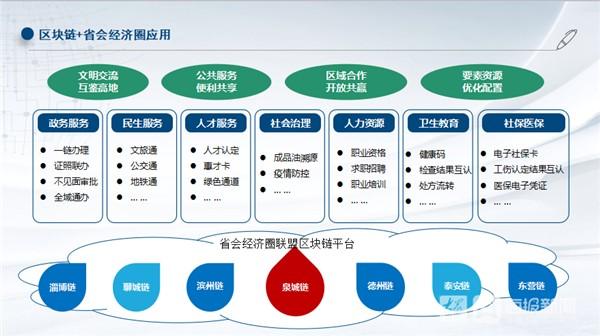Exploring Blockchain Technology in the Service Industry

Blockchain technology, renowned for its decentralized nature and immutable ledger system, has been disrupting various industries, including the service sector. From finance to healthcare, supply chain to voting systems, blockchain offers innovative solutions to ageold problems. In this article, we'll delve into how blockchain technology is revolutionizing the service industry and explore its potential applications and benefits.
One of the most significant advantages of blockchain technology in the service industry is enhanced security and transparency. Traditional service delivery often relies on centralized systems, making them susceptible to data breaches and manipulation. However, blockchain's decentralized architecture eliminates the need for a central authority, reducing the risk of cyberattacks and unauthorized access.
Furthermore, the immutable nature of blockchain ledgers ensures transparency and accountability. Every transaction or interaction recorded on the blockchain is timestamped and cryptographically secured, making it nearly impossible to alter historical data without consensus from the network participants.
Blockchain technology streamlines processes and reduces costs by eliminating intermediaries and automating tasks through smart contracts. In the service industry, this can translate to faster transactions, reduced paperwork, and lower overhead costs.
For example, in the insurance sector, smart contracts can automatically execute claims processing based on predefined conditions, such as flight delays or medical emergencies. This not only accelerates the claims settlement process but also reduces administrative expenses and minimizes the risk of fraudulent claims.
Blockchain enables endtoend traceability and enhanced quality assurance in the service industry, particularly in supply chain management and product certification. By recording every stage of a product's lifecycle on the blockchain, stakeholders can verify the authenticity, origin, and compliance of goods or services.
For instance, in the food industry, blockchain technology can track the journey of a product from farm to table, allowing consumers to access detailed information about its production methods, transportation, and storage conditions. This level of transparency not only fosters trust among consumers but also facilitates regulatory compliance and quality control.
Decentralized identity management is another area where blockchain technology can revolutionize the service industry. Traditional identity systems often suffer from security vulnerabilities and privacy concerns, as personal data is stored in centralized databases prone to hacking.
With blockchainbased identity solutions, individuals have greater control over their personal information, as data is encrypted, fragmented, and distributed across the network. Users can selectively disclose relevant attributes without exposing their entire identity, thereby mitigating the risk of identity theft and unauthorized access.
Blockchain technology enables the creation of innovative business models and facilitates tokenization, allowing assets to be represented digitally on a blockchain. In the service industry, this opens up new opportunities for monetization, crowdfunding, and incentivization.
For example, decentralized platforms powered by blockchain tokens can reward users for contributing valuable content, services, or data. These tokens can be traded or redeemed within the platform's ecosystem, creating a selfsustaining economy where value is distributed more equitably among participants.
Blockchain technology holds immense potential to transform the service industry by enhancing security, transparency, efficiency, and innovation. From secure transactions to decentralized identity management, the applications of blockchain are vast and varied.
As businesses and service providers continue to explore and adopt blockchain solutions, it's essential to stay informed about emerging trends, regulatory developments, and best practices. By harnessing the power of blockchain technology, the service industry can unlock new opportunities for growth, collaboration, and value creation in the digital age.







